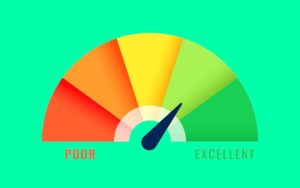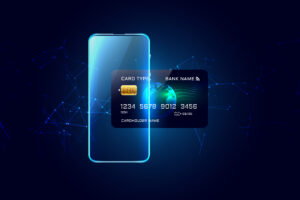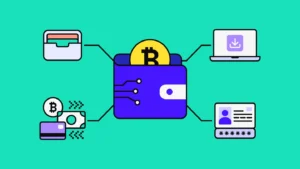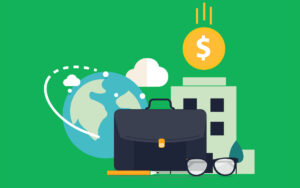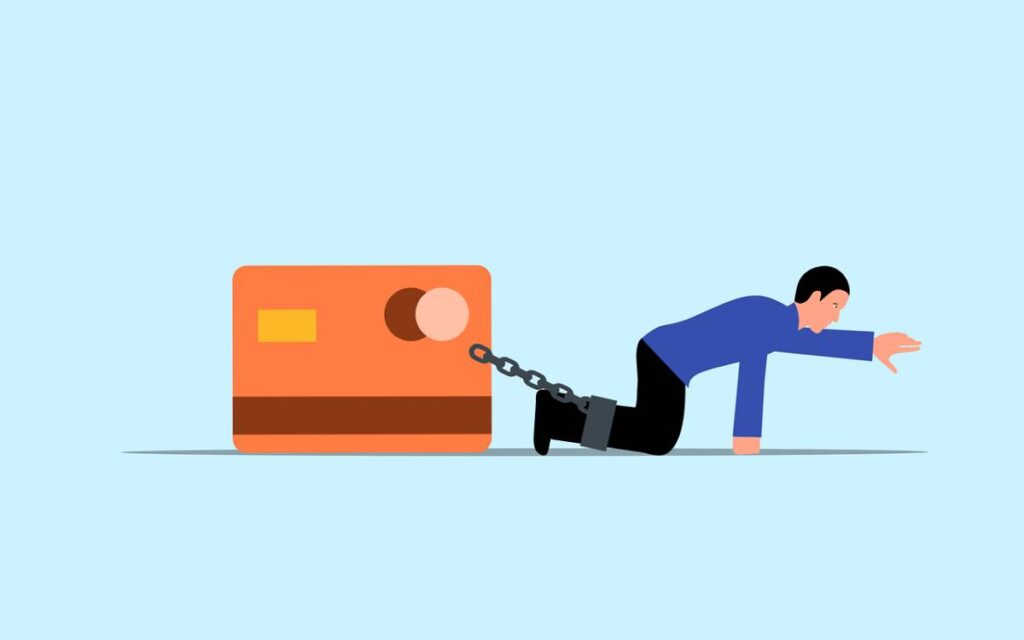
Credit cards can offer convenience and rewards, but without careful management, they can also lead to debt traps. Image: PixaBay
Getting your first credit card can feel like a milestone—a symbol of adulthood and financial independence. But beyond the thrill of having a piece of plastic with your name on it, there’s a deeper question to consider: Is this really the right financial step for you? That depends on how you manage it and whether the card aligns with your personal needs. Used wisely, a credit card can pave the way to building a solid credit history. Used recklessly, however, it can lead to long-lasting financial setbacks.
Before you sign up, it’s crucial to understand what you’re getting into. Here are some essential factors to keep in mind.
The Benefits of Opening a Credit Card
When you open a credit card, you gain access to a revolving line of credit that can be a financial lifesaver in certain situations. Your credit limit is set by the card issuer based on your credit profile, giving you a buffer for unexpected expenses. For example, if your car suddenly needs repairs, a credit card provides a quick way to cover the costs.
Key Advantages
- Access to Credit: With a credit card, you have a safety net for short-term financial needs. Unlike loans, credit cards offer flexibility for smaller, everyday expenses.
- Rewards and Perks: Many credit cards offer incentives such as cash back, travel points, or discounts on specific purchases. For instance, Discover’s cash-back cards reward you for every dollar spent, making it easy to earn a little extra just by using your card. Travelers also love cards that accumulate airline miles or hotel points, allowing them to save on future trips.
- Expense Tracking for Reimbursement: If you’re an employee with work-related expenses but no company card, a personal credit card can make tracking these costs simpler. As long as your employer reimburses you by the due date, you won’t pay interest—and you’ll get to keep any rewards you earn.
- Building Credit History: A well-managed credit card is one of the best tools for establishing a credit history. Payment history and credit utilization are major factors in determining your credit score. Keeping your utilization below 30% of your available credit and making payments on time can boost your creditworthiness, making it easier to qualify for loans, mortgages, and other financial products in the future.
Potential Risks of Using a Credit Card
While credit cards offer numerous benefits, they come with certain risks. Unlike secured loans, most credit cards are unsecured, which means there’s no collateral backing up the debt. As a result, credit cards tend to have higher interest rates compared to other borrowing options.
Key Risks
- High Interest Rates: If you don’t pay your balance in full each month, interest can quickly accumulate. For example, with an average interest rate around 20%, a $3,000 balance could cost you $600 annually in interest alone.
- Hidden Fees: Credit cards often come with fees beyond just interest. For instance, many cards have annual fees, late fees, and sometimes even foreign transaction fees. Additionally, while some cards offer promotional 0% APR periods, the regular rate will kick in once the promotion ends—potentially leading to high charges on any remaining balance.
- Minimum Payment Trap: Many card issuers set low minimum payments, making it easier to carry a balance. But paying only the minimum means most of your payment goes toward interest, with little impact on the principal balance. Over time, this can lead to a cycle of debt that’s hard to break.
- Cash Advances: While credit cards allow cash advances, they come with high fees and interest rates that start accruing immediately. If you’re tempted to take out a cash advance, consider other options first, as this is one of the most expensive ways to borrow money.
Avoiding Common Credit Card Pitfalls
Credit card companies often use enticing offers to attract new customers, like 0% introductory APRs or sign-up bonuses. While these perks can be valuable, it’s important to read the fine print and understand the terms. Once the promotional period ends, you could face steep interest rates.
Banks also have an incentive to keep you using your card, and they accomplish this by setting low minimum payments. For example, a minimum payment might be as low as 1% of your balance plus any accrued interest. While this can make it easier to stay current on payments, it often leaves the majority of your debt untouched, costing you more in interest over time.
Tips for Responsible Card Use
- Pay in Full Each Month: Avoid interest charges by paying your full balance each month.
- Limit Cash Advances: Only use cash advances as a last resort, due to the high fees and immediate interest charges.
- Monitor Your Spending: Keep track of your purchases to ensure you don’t exceed your budget. Consider using your credit card only for specific categories, like groceries or gas, to make it easier to track.
- Watch for Fees: Some cards come with annual fees or foreign transaction fees. Be sure to choose a card with fees that align with your spending habits and travel plans.
Building Credit Safely with a Secured Credit Card
For those with limited or poor credit history, a secured credit card can be a valuable tool. Unlike traditional cards, secured cards require an upfront deposit, which serves as collateral. This minimizes the risk for the issuer and makes it easier for you to qualify.
With a secured card, your credit limit is typically equal to your deposit, making it easier to control spending and avoid debt. As with regular credit cards, payment history on secured cards is reported to credit bureaus, allowing you to gradually improve your credit score over time.
Shop Around for the Right Card
When choosing a credit card, it’s essential to consider your financial goals and lifestyle. The CARD Act (2009) introduced regulations that limit how credit card companies can market to young adults, but issuers still target new borrowers with enticing offers. Rather than jumping at the first promotion, take the time to compare options.
Things to Consider
- Interest Rates: After the introductory period, what will your APR be? A low promotional rate can be tempting, but the ongoing rate is what you’ll pay in the long run.
- Rewards and Benefits: If you travel frequently, look for a card that offers airline miles or hotel points. Cash-back cards can be more versatile, offering a percentage back on everyday purchases.
- Acceptance and Accessibility: Some cards, like Visa and Mastercard, are widely accepted worldwide, while others, like American Express, may not be as commonly accepted in certain regions.
FAQs
- What are the risks of a credit card?
Credit cards can lead to debt if not managed responsibly. With high interest rates and tempting minimum payments, they can encourage overspending. If left unpaid, credit card debt can damage your credit score and lead to legal action. - Is getting a credit card at 18 a good idea?
A credit card can be beneficial for young adults starting to build credit, but it requires discipline. Responsible use can help establish a credit history, but missing payments can create financial difficulties. - How do I choose the right credit card?
Shop around based on your needs. Consider factors like interest rates, rewards, fees, and acceptance. Make sure the card’s benefits align with your spending habits.
The Bottom Line
While credit cards offer numerous advantages, they also come with significant responsibilities. Opening a credit card account is a decision that will impact your finances for years to come. Do your research, choose a card that fits your lifestyle, and commit to using it wisely. Managing a credit card well can be a stepping stone to financial security—but only if you handle it with care.
